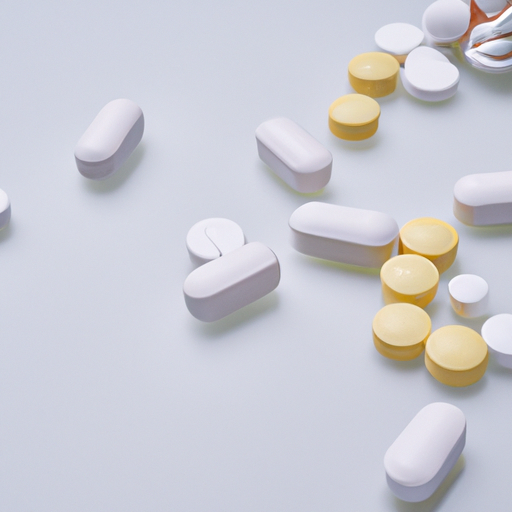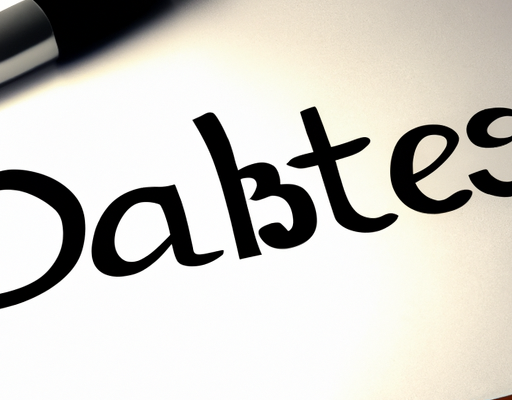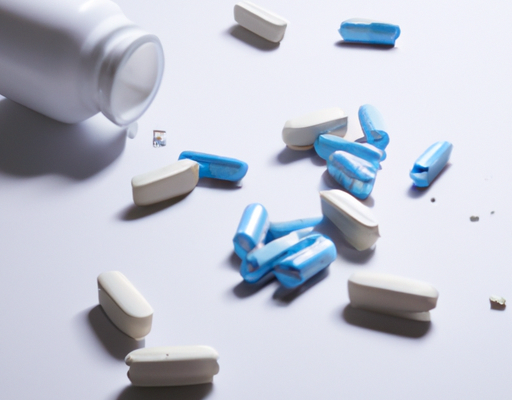Symptoms of small bumps on face
Having a lot of small bumps on your face can often be a symptom of health-related issues. Common causes of these bumps may include acne, rosacea, dermatitis, moles and other skin conditions. Bumps may also be caused by certain medications, hormones, allergens and skin injury. Additionally, some medical conditions, such as thyroid disease, can cause bumps on the skin. If the bumps have been present for an extended period of time, or if they become painful, it is best to visit a doctor for evaluation. A physician can evaluate the bumps and offer the best course of treatment depending on the cause.
Possible causes of small bumps on face
Have you noticed a lot of small bumps on your face and are wondering what could be causing them? While there are many potential causes, from environmental factors to underlying skin conditions, it helps to understand the potential health causes behind them. Acne, folliculitis, milia, sebaceous hyperplasia, and keratosis pilaris are some of the most common causes of small bumps on the face. Acne is the result of clogged pores due to excessive oil production, while folliculitis is an inflammation of the hair follicles. Milia are tiny white bumps that form when skin flakes become trapped beneath the surface, and sebaceous hyperplasia is an enlargement of the sebaceous glands. Lastly, keratosis pilaris is a condition that causes patches of rough, bumpy skin to form on the face and other parts of the body. Knowing the potential causes of small bumps on the face can help you find the right treatment and manage your skin health.
Treatment for small bumps on face
Having an abundance of small bumps on your face can be an embarrassing and uncomfortable experience. But, thankfully, there are several treatment options for small bumps on the face. The first step is to identify the cause of the bumps. It could be anything from blocked pores to an allergic reaction to a skincare product. Once the cause of the bumps is identified, the appropriate treatment can be prescribed. For blocked pores, a topical cream can be applied to reduce inflammation and unclog the pores. For an allergic reaction, a cortisone cream can be applied to reduce redness and itching. If the bumps are caused by a skin condition, such as rosacea or eczema, an anti-inflammatory cream can help. Finally, if the bumps are caused by an infection, an antibiotic cream or oral medication may be prescribed. With the right treatment, small bumps on the face can be easily and effectively reduced.
Prevention of small bumps on face
Many people experience small bumps on their face, such as acne, white heads, black heads, and other forms of bumps. To prevent and reduce the outbreaks of small bumps on your face, here are some helpful tips:
- Keep your face clean – Facial acne can be reduced by regularly washing your face with a mild cleanser each day.
- Avoid touching and squeezing – Squeezing and picking at your face can cause additional outbreaks and prolong existing ones.
- Opt for oil-free cosmetics and skin care products – Oily and greasy skin care and makeup products can cause pores to clog and cause acne.
- Eat a balanced, healthy diet – Eating the right foods that are high in vitamins, minerals, and anti-oxidants can help keep your skin healthy and reduce acne.
- Drink plenty of water – Drinking, at least, 8 glasses of water a day helps to flush out toxins from the body and can greatly reduce outbreaks.
- Avoid stress – When you are stressed or anxious, your body produces more hormones that can lead to acne and other skin problems.
By following these simple tips, you can help to reduce and prevent small bumps on your face for a healthier, clearer complexion.
Summary
Having a lot of small bumps on your face can be a source of embarrassment and frustration. However, it is important to understand the different underlying causes and treatments, as well as the risks involved. In many cases, these bumps on the face can be harmless and caused by heat, stress, hormones, or even a reaction to certain skincare products. In other cases, they can be a symptom of a more serious condition such as dermatitis or an infection. It is important to consult your dermatologist to get an accurate diagnosis and begin an appropriate treatment plan to help reduce the bumps. By doing so, you can have healthy and clear skin again.





No Comments